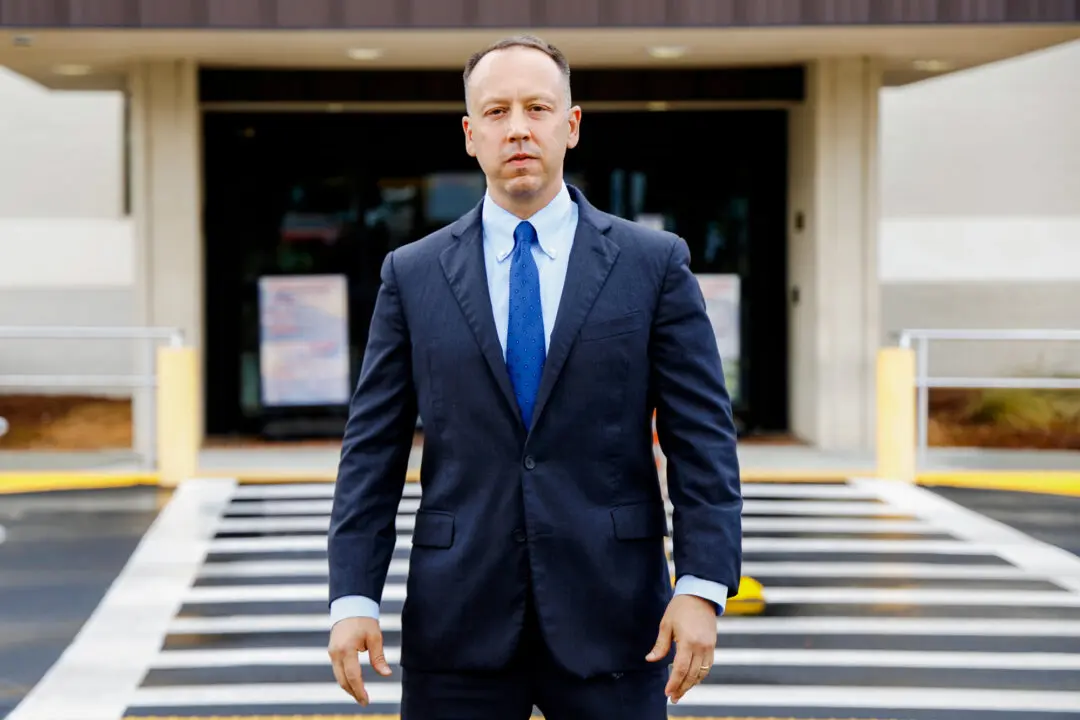While Gov. Ron DeSantis is still reviewing the overall budget Florida lawmakers sent to his desk, he says he'll approve a line item to spend $800 million next year on boosting teacher salaries.
“You can take this one to the bank,” the Republican governor said during his second news conference on the subject, on March 21. “That will be in the budget that gets signed into law here in the not-too-distant future.”





